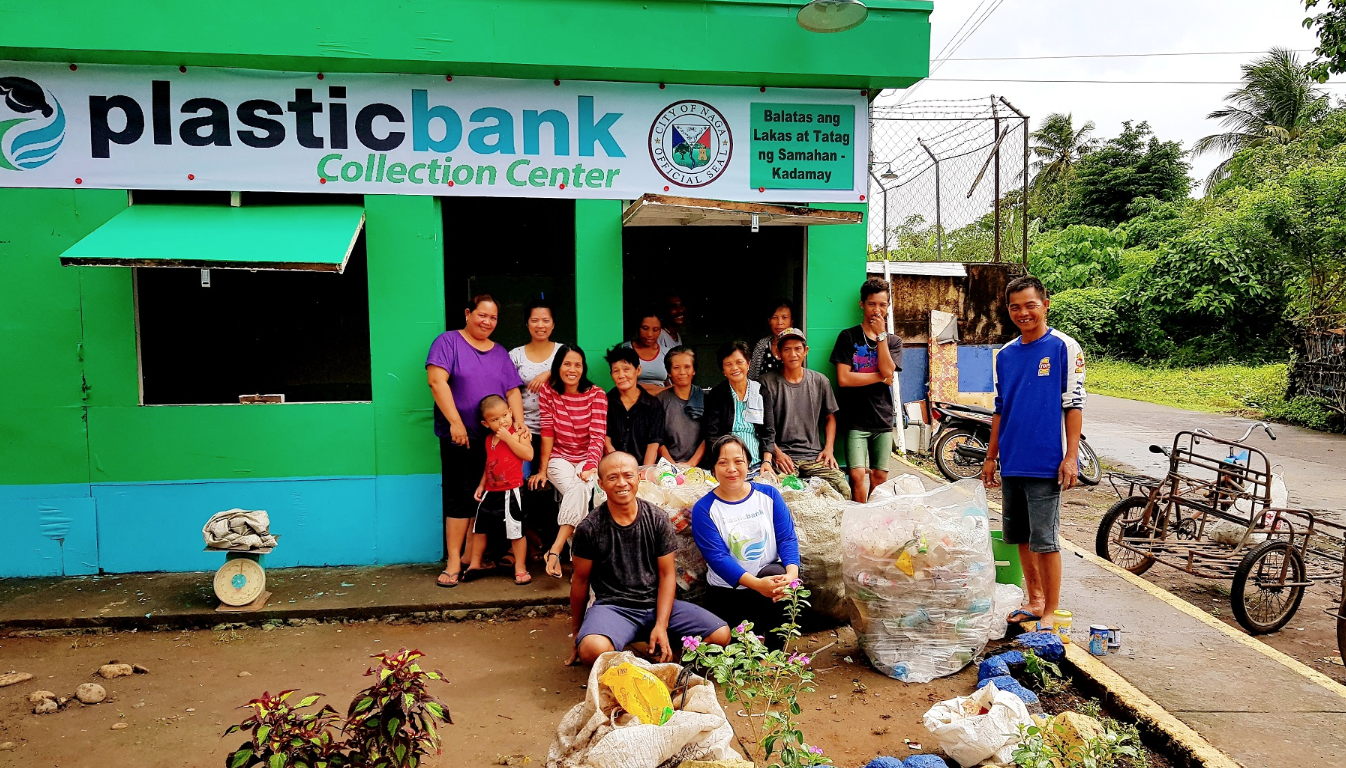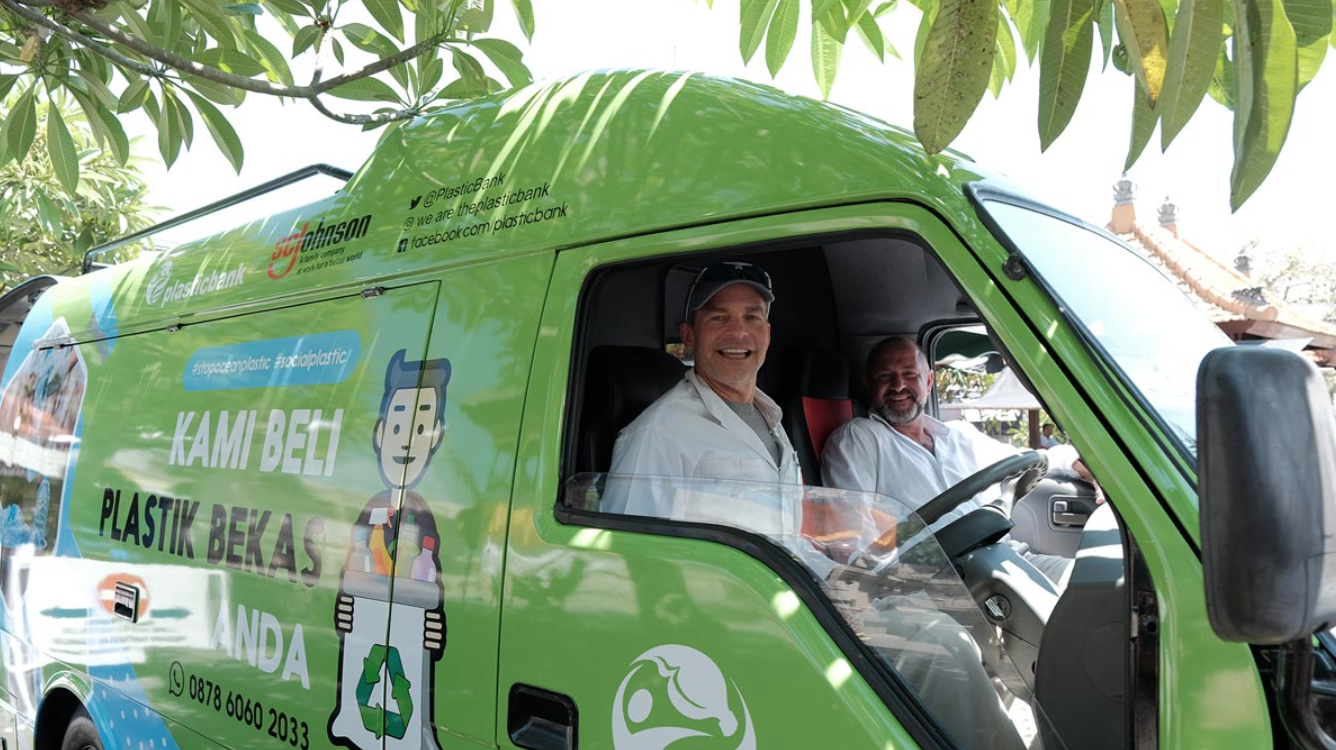
- Better Society -
- 2mins -
- 91 views
This company puts a stop to plastic pollution whilst transforming the lives of the world’s poorest
The Plastic Bank operates in four different countries, pays 2300 people to collect plastic and cleans up over one million kilos of the material every single year. Its secret? A unique business model that turns plastic into currency.
Plastic epiphany
After an event on 3D-printing, David Katz realises that not plastic itself, but the way we view the material lies at the heart of the problem. “If every plastic packaging was worth five euros, how many would there be lying on the streets? The answer is none”, David explains. “Everyone would be rushing for it. That realisation was the beginning of the epiphany.”
Systemic solution
Six years after its start, nowadays the Plastic Bank is active in Haiti, the Philippines, Indonesia and Brazil. There, the purpose enterprise pays the world’s poorest a living wage to collect plastic. Employees can also choose to trade the plastic they’ve collected for basic needs such as healthcare and education. David: “The poorest regions of the world are dealing with extreme plastic pollution. By paying people in these areas to collect plastic, we can prevent an enormous amount of the hazardous material from entering our oceans via rivers.”
Local recycling
After the plastic has been collected, the material is recycled at local facilities that have either been founded or supported by the Plastic Bank. This way, as much of the created value as possible stays in the region.

Social plastic
The processed material is then sold as ‘social plastic’ to big companies. Amongst other things, you can find it in the shampoo bottles from Henkel and the reusable grocery bags from supermarket chain Marks & Spencer. David: “The more companies that use social plastic, the sooner we can create a worldwide circular plastic economy.”
Hope for the future
Where most employees of the Plastic Bank first weren’t able to see beyond the end of the day due to poverty, their job as a plastic collector enables them to envision a future for themselves and their families. “One of our employees in Haiti recently told me that for the first time in his life, he could see his children go to university”, says David. “All of the sudden, he was able to envision the next fifteen years of his life. At that moment I knew we ended poverty in him and his family. For me, that’s enough.”

Go plastic neutral
Would you like to support the Plastic Bank? Compensate your plastic footprint as an individual, organisation or company and go plastic neutral!
